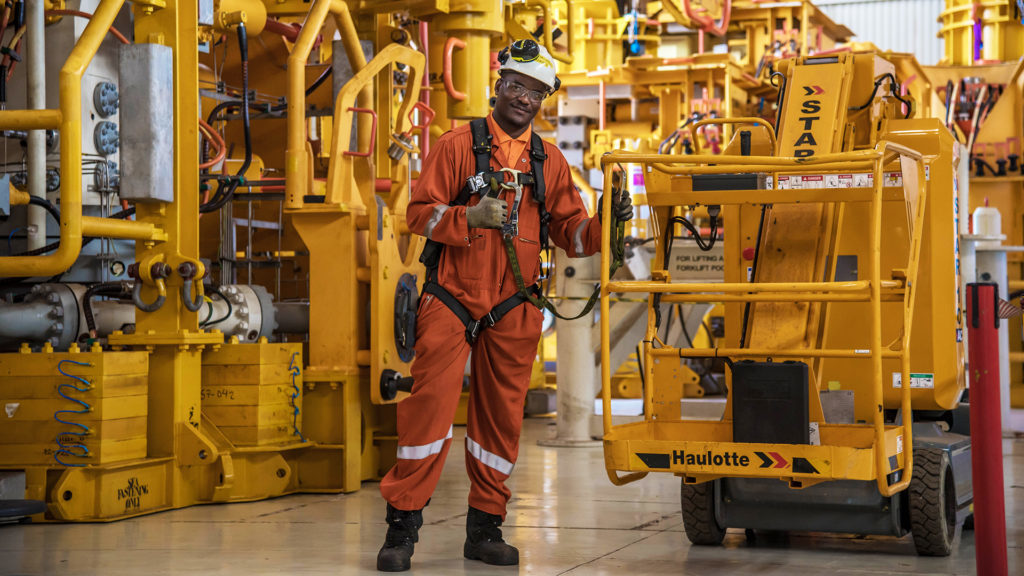
Amidst the oil price crash crisis and the pressure on companies, opportunities are emerging for those with resources.
China has been keen to fill up its strategic oil reserves while prices are low and a similar rationale could extend to the acquisition of producing assets.
Sales of assets in Chad and Angola were singled out by Verisk Maplecroft’s senior Africa analyst Nick Branson as likely with Chinese state-backed companies. The consultancy said those two states were at “extreme risk” due to their dependence on fossil fuel exports and reliance on Chinese borrowing.
Chinese national oil companies are also interested in areas where they can integrate “supply chains with infrastructure synergies”.
Chad is one of these areas. ExxonMobil, Glencore and Petronas “have all been talking about selling out of the country and China National Petroleum Corporation (CNPC) could take the stake in the Doba fields and the export pipeline”, Branson said. Such a move is also appealing on the grounds of synergies with the N’Djamena refinery, in which CNPC has a stake.
“The Chinese company would gain from the low-cost production and may be able to negotiate down tariff rates. CNPC’s priority is upstream-downstream co-ordination and Chad’s low-sulphur oil is attractive, particularly in light of the IMO 2020 regulations,” Branson said.
Angola is the other country singled out by the Verisk Maplecroft analyst as offering China opportunities. The West African state is a cornerstone of Sinopec’s foreign interests, with its subsidiary Unipec as a major offtaker.
Oil-backed loans have played a major part in the two countries’ relationship but Angolan President Joao Lourenco has made it clear that these are not an option for the future.
The way that the loans function is that, as the oil price falls, more barrels are owed to China, just when Angola needs them the most.
“The Angolan government is clearly under pressure to try and restructure debt and this creates a potential opportunity for Sinopec, through its joint venture with Sonangol. The SSI venture could acquire some equity in Blocks 15/06 and 32 from Sonangol, which would making financing other developments easier,” Branson said.
He went on to raise the possibility that Sinopec may also be interested in Angola’s marginal fields, which become particularly attractive under low oil prices.
These specific instances would see CNPC and Sinopec play to their strengths in sub-Saharan Africa, through their technical expertise and political reach. Branson was sceptical that Chinese NOCs would be interested in frontier exploration, given varying levels of uncertainty. Nigeria is also unlikely to see a major Chinese move.
The impact of low oil prices will see the most pain inflicted on those companies less able to afford it.
“Given the number of distressed sellers that will emerge, this likely will derail programmes by majors to sell assets in the upstream,” said the managing partner of Bracewell’s London office Jason Fox.
“There has been a surge of capital market issues by majors and some cutting of dividends. These companies are shoring up their balance sheets and, for sure, part of the rationale will be in order to be able to take advantage of M&A opportunities.”
Total’s move on the Lake Albert project, in Uganda, through a deal with partner Tullow Oil, reveals just such a desire to take advantage of changes in circumstance.
The agreement rehashes a deal struck in 2017 but this recent iteration will see Total pay less money and receive a larger stake.
Gneiss Energy’s commercial director Doug Rycroft said it was very likely that there would be a number of assets up for grabs in the African oil and gas sector.
“The risk for sellers will be that in a market overflowing with opportunity – much of it distressed – valuations will be depressed as those few active buyers left will be able to exert as much pressure as possible to ensure that they are securing assets at the lowest possible valuation points,” Rycroft said.
“The traditional buyer universe is going to a transformation and we are still to see what the final outcome of the latest crash will be – certainly there will be interest from the Chinese NOCs but time will tell what the effect of COVID will be on the wider Chinese economy and their energy requirements. I can see private equity looking for opportunities to acquire large scale producing assets taking advantage of the pricing environment and the need for liquidity by others.”
One asset that is already being touted is FAR’s stake in the Sangomar development. The Australian minnow was always likely to struggle with its share of the 100,000 barrel-per-day project but when the crunch hit, financing options dried up.
CNOOC, the third Chinese NOC, “is in pole position to acquire FAR’s stakes in the Sangomar development”, since the companies are working together offshore Senegal and Gambia.
The Chinese company is “acutely live to opportunities in the MSGBC Basin”, Branson said, adding it could help drive some progress in the joint development zone between Senegal and Guinea Bissau.
